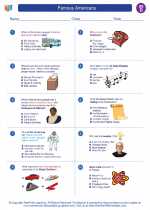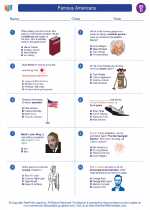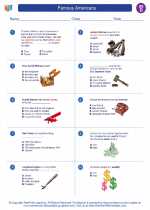Eid al-Adha
Eid al-Adha, also known as the "Festival of Sacrifice", is one of the most important festivals in the Islamic calendar. It commemorates the willingness of Ibrahim (Abraham) to sacrifice his son as an act of obedience to God. However, before he could carry out the sacrifice, God provided a ram to sacrifice instead. This story is also found in the Hebrew Bible and the Old Testament of the Christian Bible.
Significance
Eid al-Adha honors the devotion and obedience of Ibrahim and is a time for Muslims to reflect on the importance of faith and sacrifice. It also marks the end of the Hajj pilgrimage to Mecca, one of the Five Pillars of Islam.
Celebrations
During Eid al-Adha, Muslims around the world participate in prayers, feasts, and the giving of gifts. They also sacrifice an animal, typically a sheep, goat, cow, or camel, and distribute the meat among family, friends, and those in need. The act of sacrifice and sharing symbolizes the willingness to give up something of value in obedience to God and to care for others.
Study Guide
- What is the significance of Eid al-Adha?
- How is Eid al-Adha celebrated?
- What does the act of sacrifice during Eid al-Adha symbolize?
- Why is Eid al-Adha an important festival in the Islamic calendar?
◂Social Studies Worksheets and Study Guides Fourth Grade. Famous Americans

 Worksheet/Answer key
Worksheet/Answer key
 Worksheet/Answer key
Worksheet/Answer key
 Worksheet/Answer key
Worksheet/Answer key
